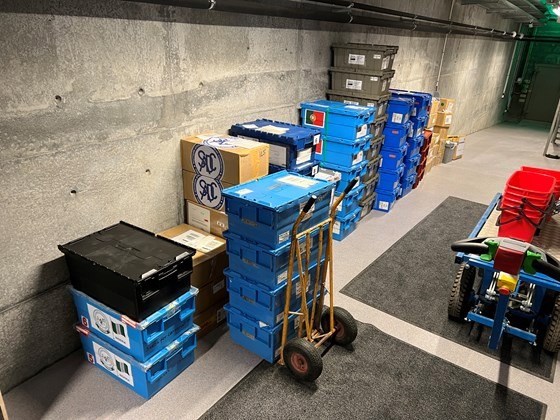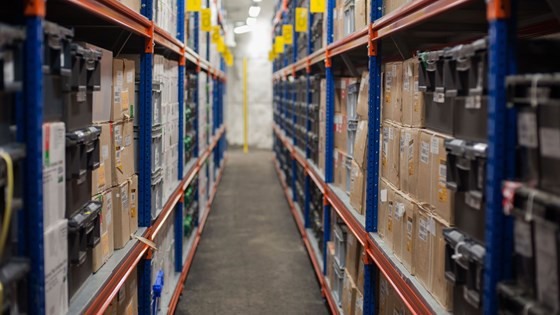The deposit of new seeds from the Ghana gene bank is an important step towards ensuring the long-term protection of the country's major food crops.
Ghana joins 15 other institutions, including one other first-time depositor – the Bonn University Botanic Gardens (Germany) – in safeguarding duplicates of their seed collections inside the Vault.
The Svalbard Global Seed Vault safeguards over 1.2 million seed samples, making it the world's largest collection of crop diversity in one single location. For 15 years, the Seed Vault has welcomed gene banks from across the world to conserve copies of their seed diversity. This diversity is needed to adapt agrifood systems to a rapidly changing climate and other environmental challenges.

In this critical time of global food security, securing important crop diversity is more important than ever, says Geir Pollestad, the Norwegian Minister of Agriculture and Food. - I would like to welcome all the gene banks that take part in the seed deposit in October 2023. Congratulations to the Plant Genetic Resource Institute of Ghana as the hundredth depositor to Svalbard Global Seed Vault, says the Norwegian Minister.
The Ghanaian deposit comes from the Plant Genetic Resources Research Institute of the Council for Scientific and Industrial Research (CSIR-PGRRI). It includes key crops for the country's food security, health, and culinary culture. It also holds maize, rice, eggplant, and cowpea varieties.

This is our very first safety backup. It provides a sense of relief that our collections of crop diversity are on the path to being secured in perpetuity for the benefit of all humanity. The backup also highlights the hard work of the current and past staff members of the Ghana gene bank and the farmers from whom the seeds were originally collected, said Daniel Kotey, Senior Research Scientist at CSIR-PGRRI. - We are very grateful to everyone who contributed to make this happen, says Kotey.
Source: regjeringen.no
